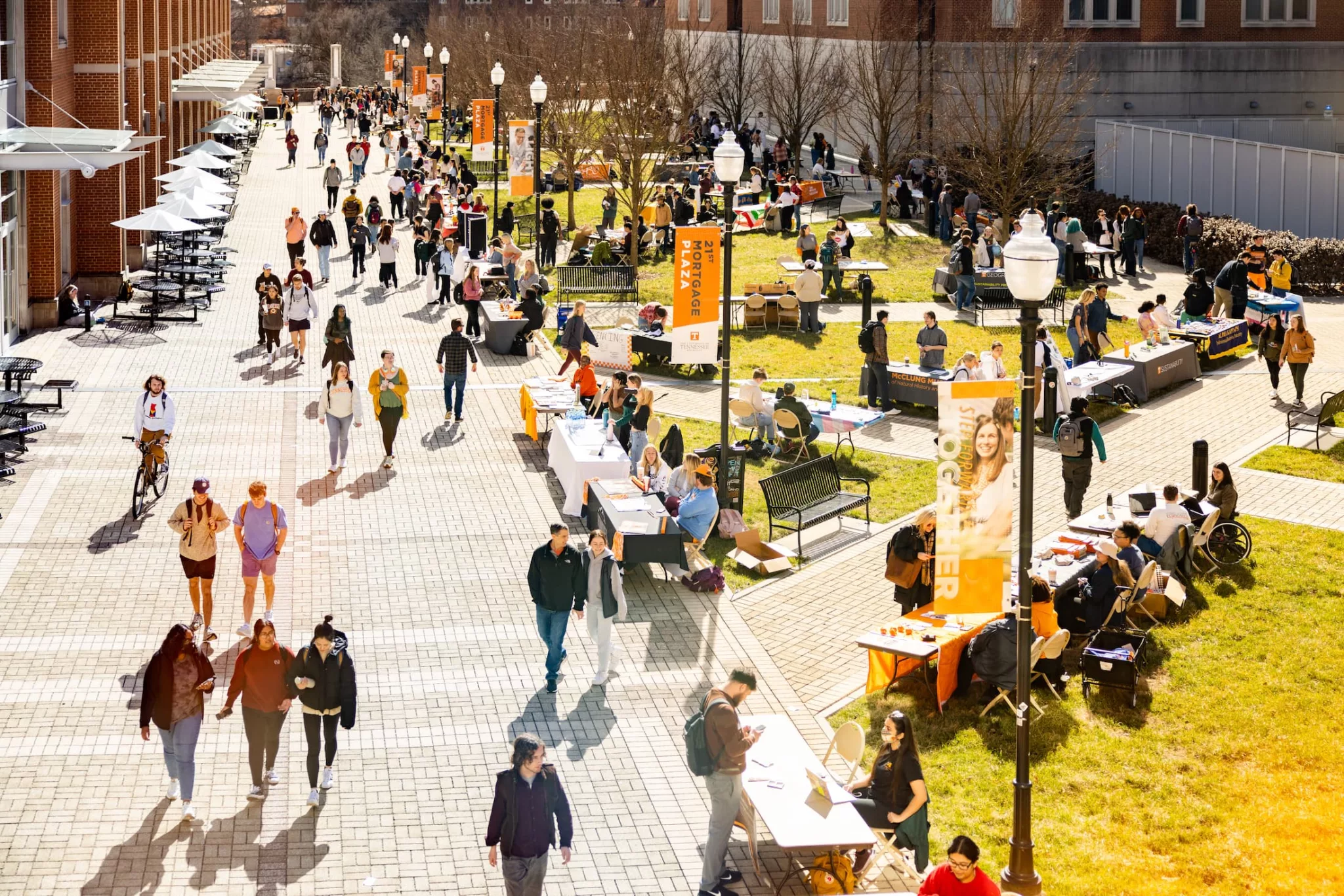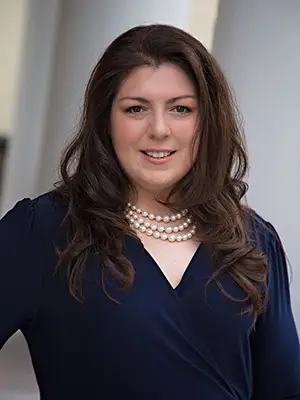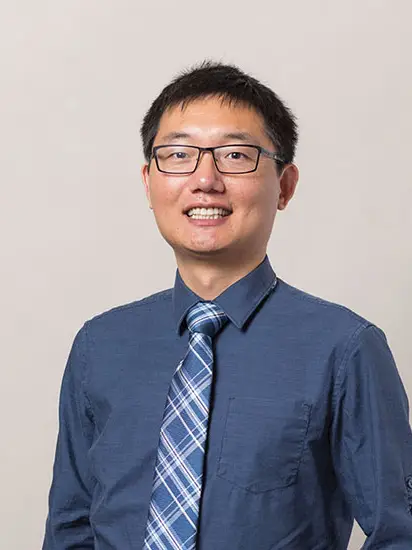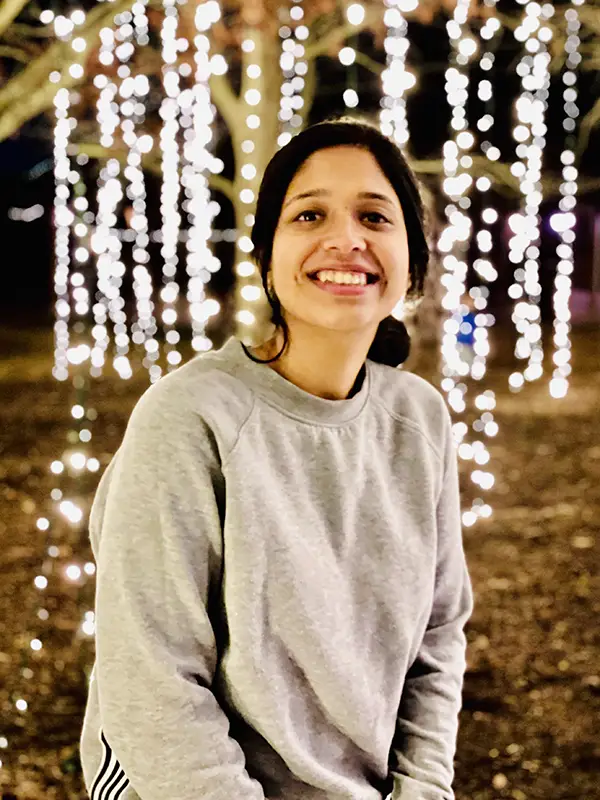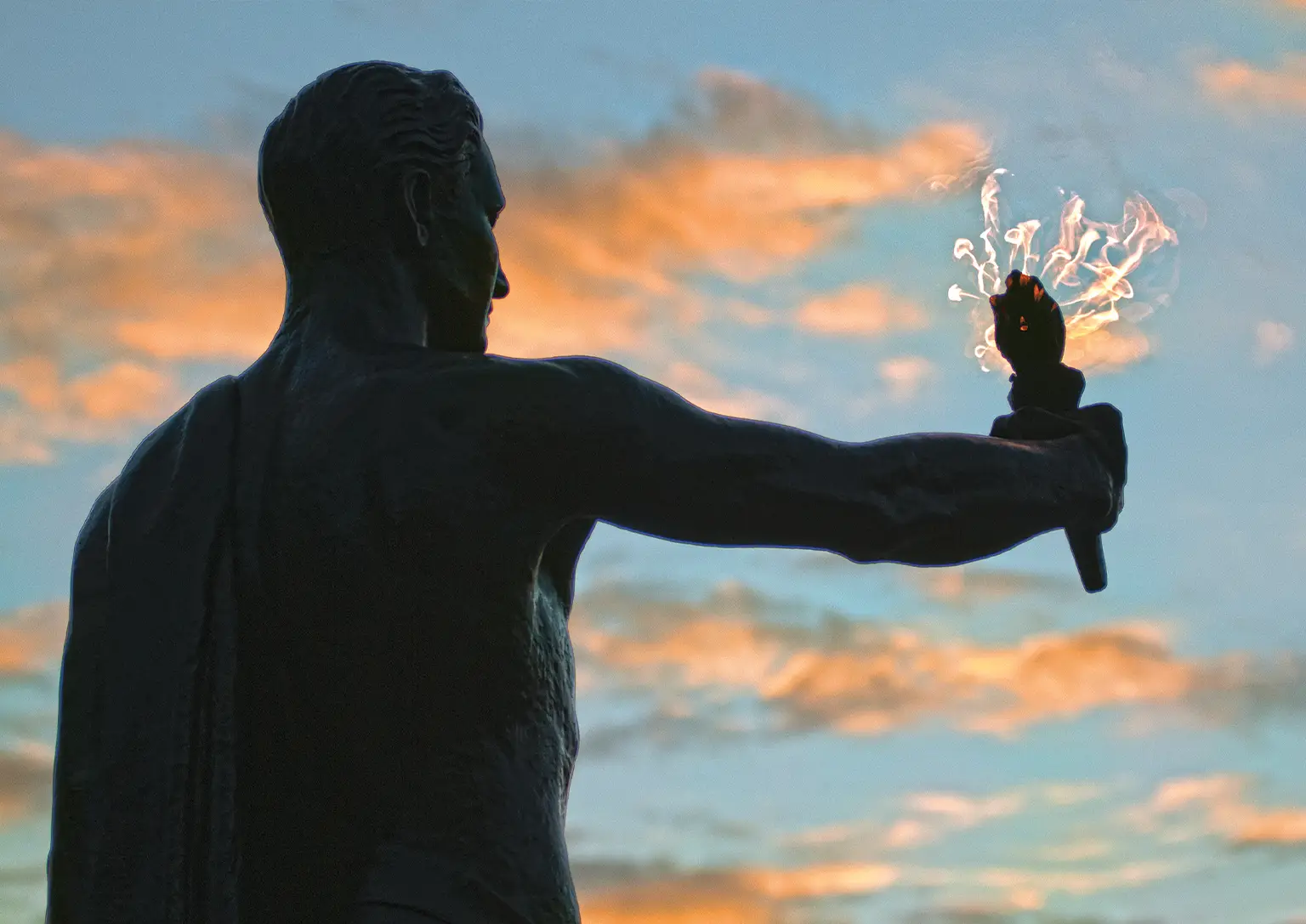
Center for the Dynamics of Social Complexity (DySoC)
DySoC focuses on computational study of the evolution of knowledge, innovation and society. DySoC members and affiliates use methods of computational social science, cultural evolution, social psychology, anthropology, artificial intelligence and information science.
DySoC brings together researchers, students, and international collaborators to explore the frontiers of computational social science, cultural evolution, and the dynamics of scientific change.
Webinars featuring international speakers are scheduled for Spring 2025, followed by a full schedule of seminars and workshops in the 2025-2026 academic year.
Overview
DySoC unites members, students, and international collaborators under three primary research themes:
Computational Social Science: This theme focuses on identifying coherent patterns in complex, large-scale human behavioral data. In highly interconnected domains such as public health, socio-economic change, and environmental challenges, computational approaches provide crucial insights. These societal challenges are rapidly evolving, characterized by ephemeral, indirect, conflicting, and interdependent evidence. DySoC’s research in this area aims to develop tools and frameworks to better understand and respond to these dynamic changes.
Cultural Evolution: This field examines the co-evolution of human cognition, culture, and societies. It seeks to uncover fundamental mechanisms of cooperation and conflict across time, from ancient civilizations to contemporary societies, and even the emerging influence of new technologies and media. DySoC’s research delves into these processes to gain a deeper understanding of social change across different eras.
The Social Complexity of Science: This theme explores how scientific innovation emerges within an ever-growing body of knowledge, extending into broader social networks and cultures. DySoC investigates how scientific knowledge flows across nations and institutions and how misinformation, particularly driven by AI, affects public trust in science, civic values, and global narratives.
Events
Spring 2025 Webinar Series: In Spring 2025, DySoC hosted a series of webinars featuring internationally renowned speakers, sharing insights into social complexity, innovation, and data science. The webinars included:
- February 13, 2025: Kate Starbird (University of Washington) – “Influence and improvisation: How right-wing media ‘works'”
- March 6, 2025: Dietrich Stout (Emory University) – “Evolutionary Neuroscience of Cultural Evolution”
- March 27, 2025: Mirta Galesic (Santa Fe Institute) – “Human social sensing for Computational Social Science”
- April 24, 2025: Russell Funk (University of Minnesota), on tracking Scientific Disruption
DySoC member talks (Thursday at 12:00 noon): Upcoming member talks will be posted in Fall 2025.
Seminars and Workshops (2025-2026 Academic Year) will offer on hands-on training in computational social science methods.
DySoC Journal Club: Our last meeting of the semester will be on Thursday, November 13.
Professor Lou Gross will tell us about some of his work in a talk with the following title: “Opinion dynamics and climate change: including cultural differences in models.”
If you are planning to attend, please consider taking a look at the recent paper by Dr. Gross and his collaborators: “Culture Mediates Climate Opinion Change: A System Dynamics Model of Risk Perception, Polarization, and Policy Effectiveness” (Shin et al, 2025).
We will meet at 4 PM in Ayres 124.
Questions? Please email Misha Lipatov: mlipatov@utk.edu
People
University of Tennessee, Knoxville
External

Simon Carrignon
University College London
Scholarship & Initiatives
Featured Publications
Bentley, R.A., Horne, B.D. (2025) Perceptible climate warming amplifies how education increases climate concern in the US. npj Climte Action 4: 12. https://doi.org/10.1038/s44168-025-00219-4
Valverde, S., B. Vidiella et al. (2025). Structural changes in gene ontology reveal modular and complex representations of biological function. Molecular Biology and Evolution 42(6): msaf148.https://doi.org/10.1093/molbev/msaf148
Plans are being developed to establish a recurring DySoc postdoctoral fellowship through a competitive application process.
